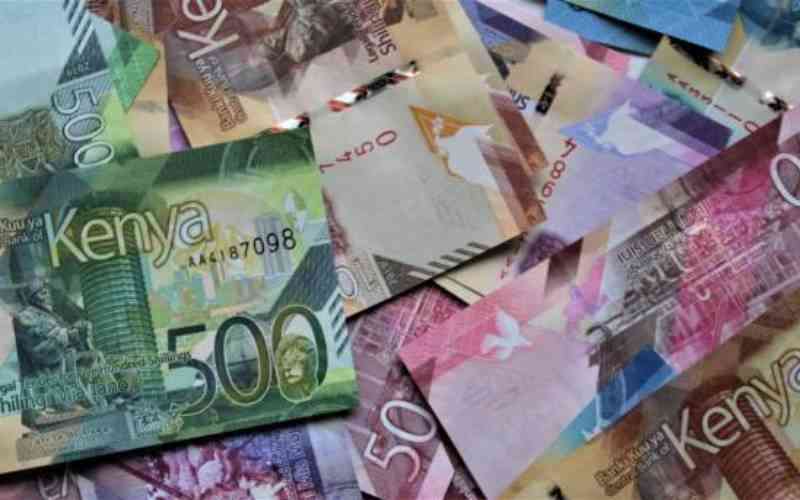×
The Standard e-Paper
Kenya’s Boldest Voice

Like a marriage that has gone sour, and there are no more words filled with sweet nothings to persuade you to stay longer; so is akin to a the relationship between a disgruntled member and a savings and cooperative society when they want to quit.
It becomes a fight, similar to a bitter divorce where the sacco always appears to have more leverage over the member, despite there being a law on how such a separation should be done.